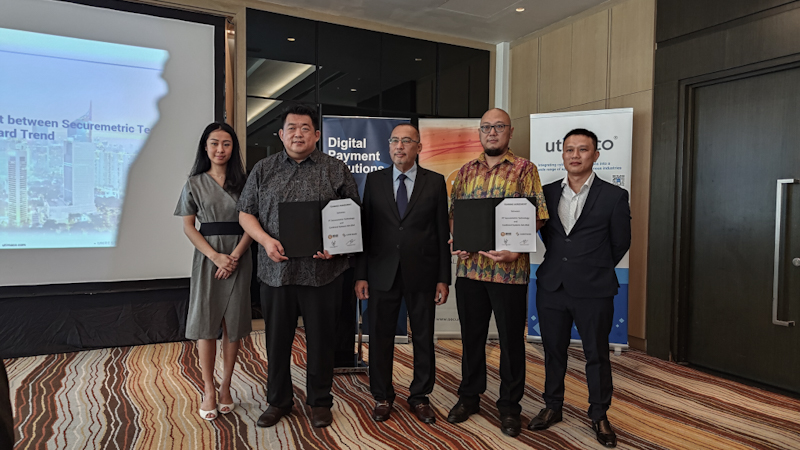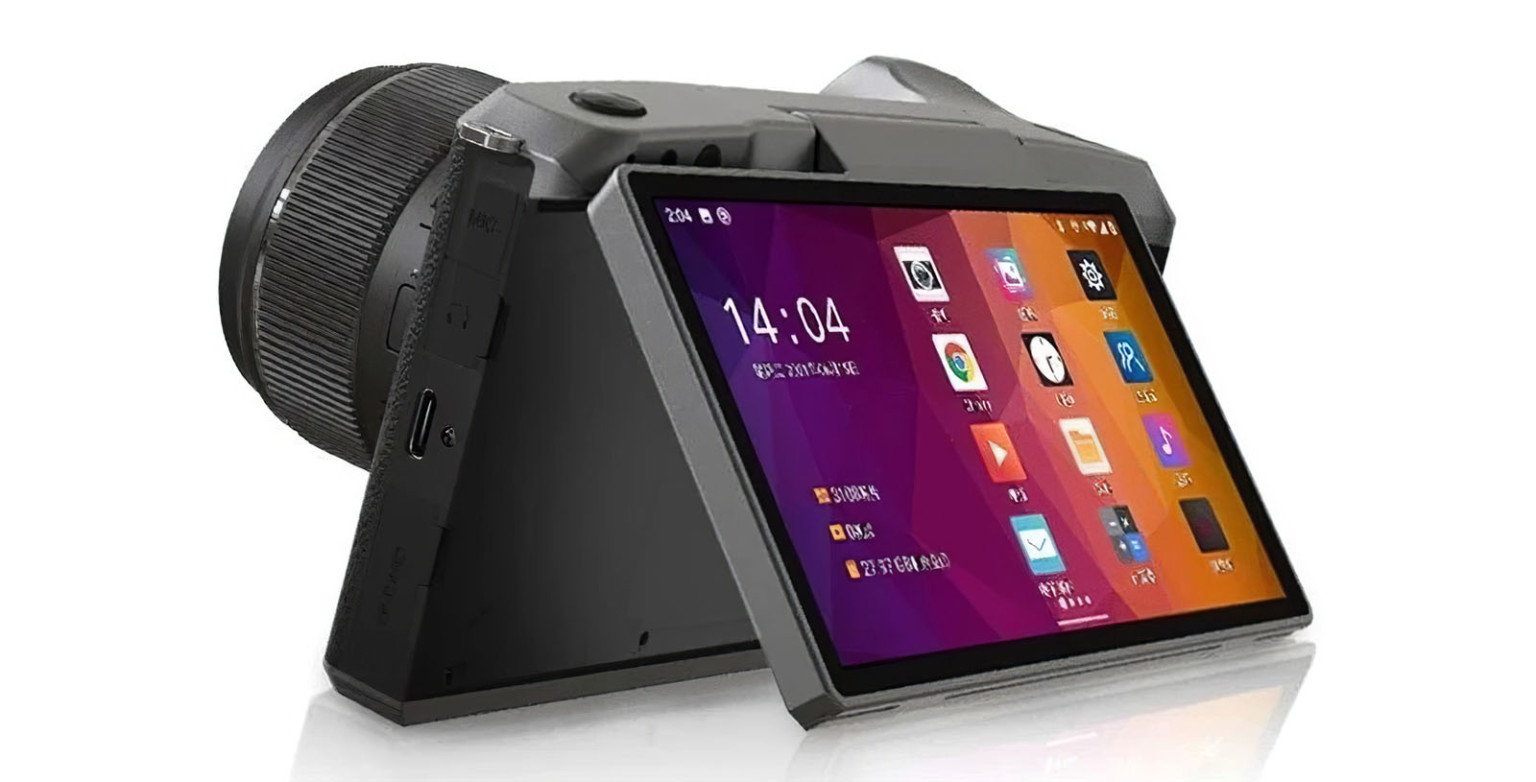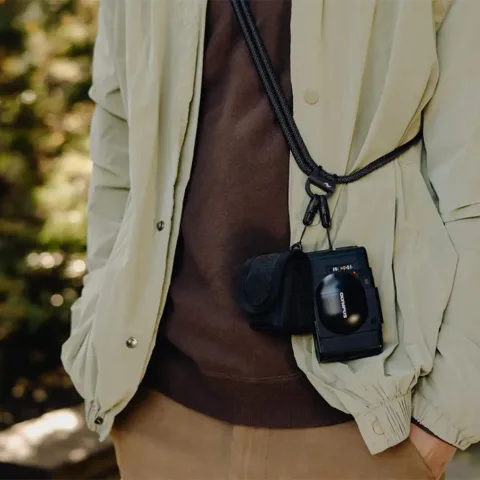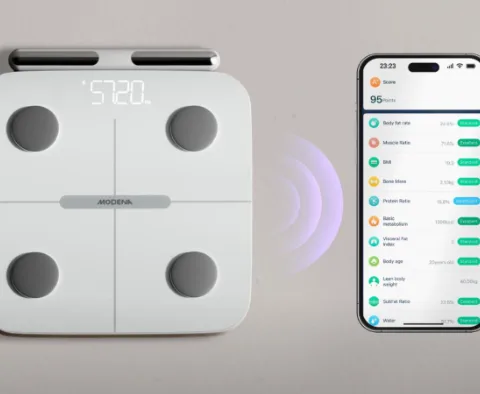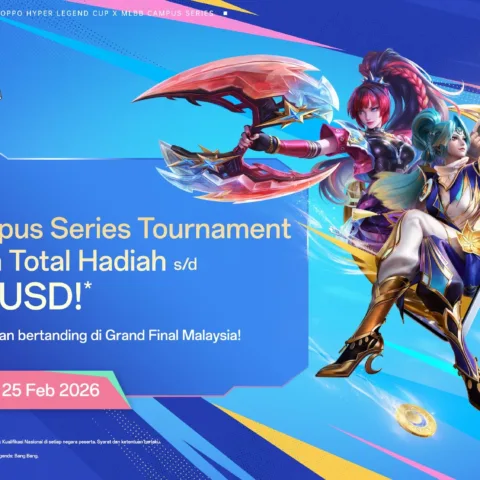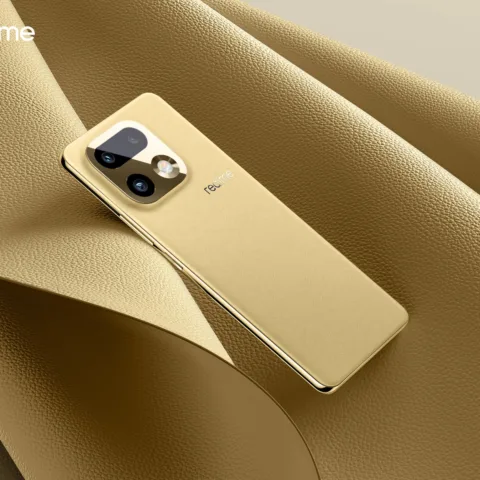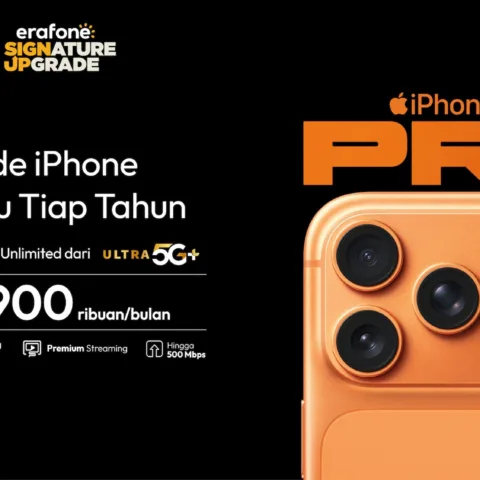The second Music, Entrepreneurship, And Technology discussion gathering last Saturday featured a few interesting discussions, led by experts in their respective fields. Oon Arifiandi from 7Langit elaborated on developing mobile apps for music, and musician Arian Arifin explained the business potential of music merchandising. Abang Edwin SA, with his years of experience in digital communities, covered the do’s and dont’s of managing a community of fans, and Ricky Andrey shared something interesting: looking at bands as startups from a legal perspective.
The forum’s purpose is to provide a place for discussion, sharing opinions and knowledge for those who work or have interest in the music industry, which hopefully will provide a common base of knowledge and ideas to further progress Indonesia’s music industry. The more people that are involved, whether from within or outside the industry, the better, because everyone will contribute something to the discourse of the industry’s development. Like I have often written in this column, the more parties involved in the development of the music industry, the better, and it would be even better if all these parties were interconnected in a mutually-influencing and mutually-beneficial ecosystem. So, the ecosystem must grow, and create situations that promote mutual simbiosis between the fans, the musicians, and the industry workers.
One interesting thing surfaced as part of the discussion led by Abang Edwin, which was that some bands or labels made social media accounts just for the sake of being ‘there’. These social media accounts, whether it be on Twitter, Facebook or even as a chat channel on services like LINE or Kakaotalk, are often used only for tour dates, album releases or even ringbacktone codes which essentially are one way information, and have no significant interactions with fans, who are practically the consumers of that band or label. Unfortunately, this phenomenon is not limited to social media.
It’s not limited to music – many parties seem to ‘force’ themselves to, say, create a social media account for their office, or find a way to sell their content online, seemingly to fulfill a ‘checklist’, with no proper management or strategy. It is like a marking of territory, which is left empty and quiet. Music sold through iTunes, are “only” promoted with one or two tweets, by way of announcement to the followers. In many ways, preparing an online identity for a band or brand can be done with a relatively low cost, but this kind of attitude, it may impact the decrease the value of brand equity which money cannot buy.
These errors – yes, I call them errors, not mistakes – can be as stupid as not placing a painstakingly-built website’s URL on other marketing collateral. Digital is not some imaginary world that is disconnected to our daily lives, as a digital ‘presence’ must be an integral extension of what the band or brand is about. A website is a home or office that contains everything that we want to communicate to our customers, and it would be even better if there was a guest reception area where they could talk to us or with other customers. These digital mediums are not a one-way loudspeaker, but are meeting points which are easily communicated to everyone, and serve as a basis for further communications.
It is the same case for digital content. People buy content, not bots or programs. The purchasing does take place through various parties and programs that help with payment and distribution, but the purchase or subscription decision remains a human one. So the human factor needs to be considered when conducting a digital business. Who is my customer, and where are they? Will a digital strategy make it easier for me to sell something to them? Will they be willing to pay, and if they are, what is the easiest way to pay for them? And of course, we will not be able to fully know who our customers are, except by opening a two-way discussion with them. Digital enables these discussions to occur on a larger scale.
So, don’t just put up your territorial flag on just any store or digital media – make sure the investment of money and time spent has more purpose. Utilize the digital’s inherent multifunction to enrich the experience with your band or brand, and increase the level of discussion with customers to increase loyalty – or at least, add to what you know about your customers.
 Ario is a co-founder of Ohd.io, an Indonesian music streaming service. He worked in the digital music industry in Indonesia from 2003 to 2010, and recently worked in the movie and TV industry in Vietnam. Keep up with him on Twitter at @barijoe or his blog at http://barijoe.wordpress.com.
Ario is a co-founder of Ohd.io, an Indonesian music streaming service. He worked in the digital music industry in Indonesia from 2003 to 2010, and recently worked in the movie and TV industry in Vietnam. Keep up with him on Twitter at @barijoe or his blog at http://barijoe.wordpress.com.

